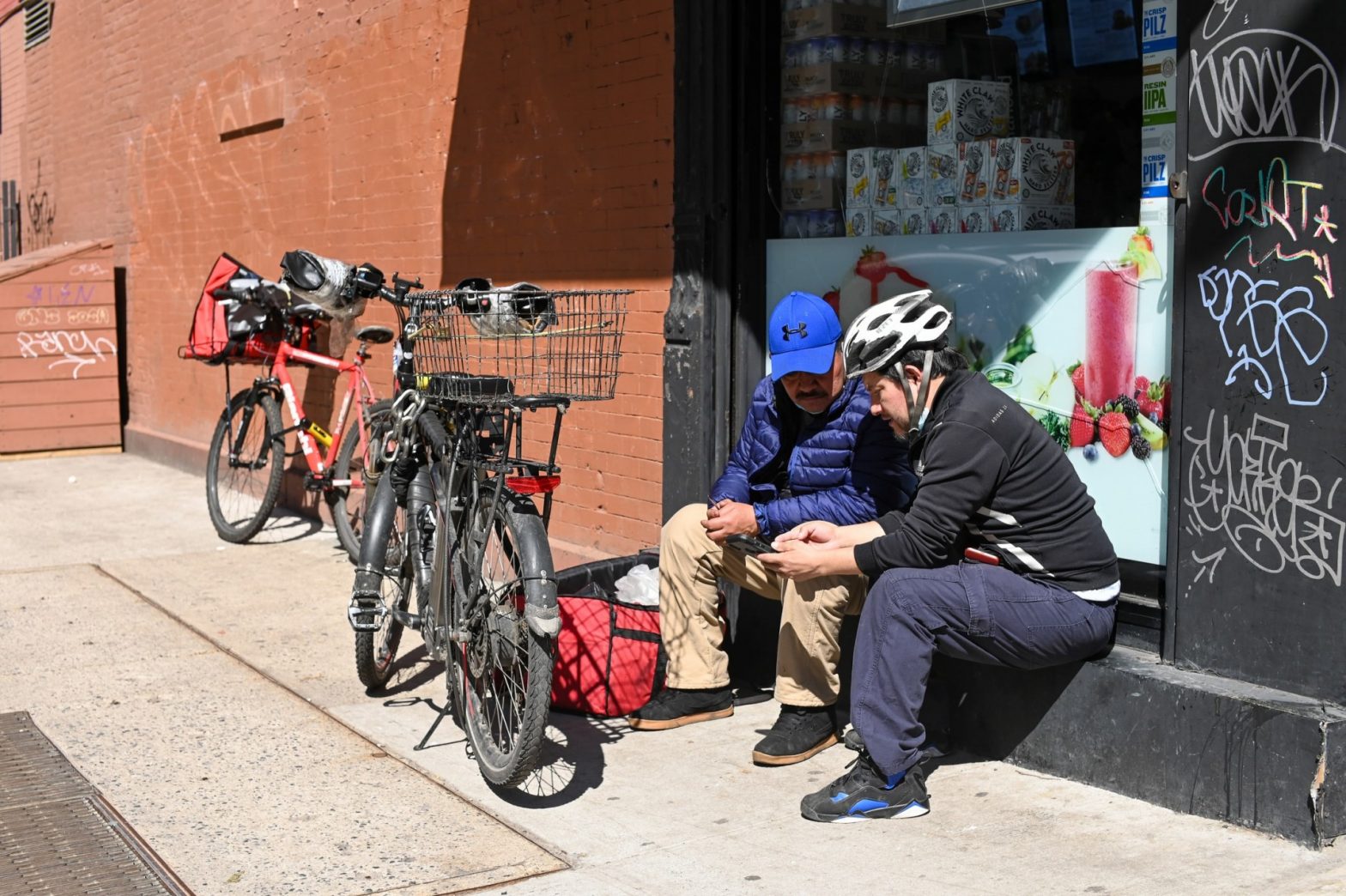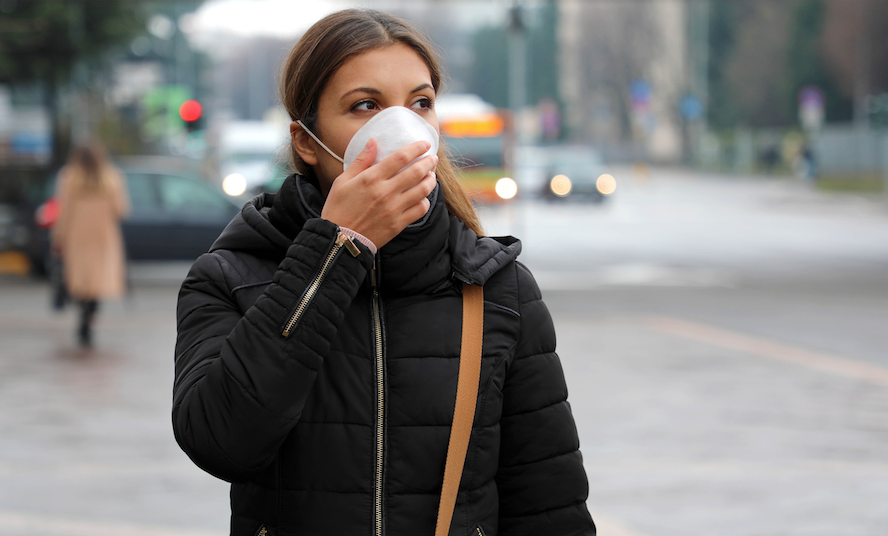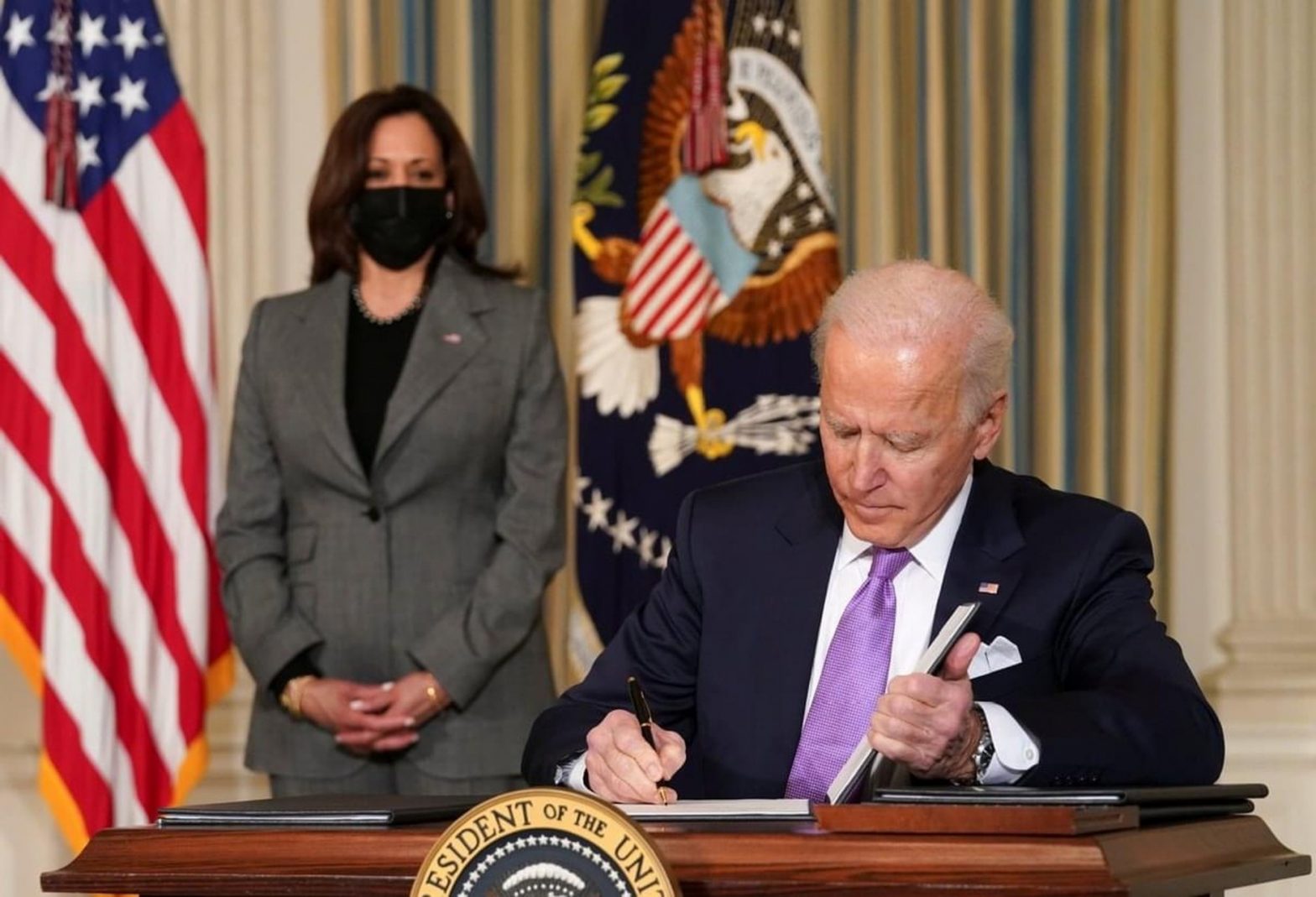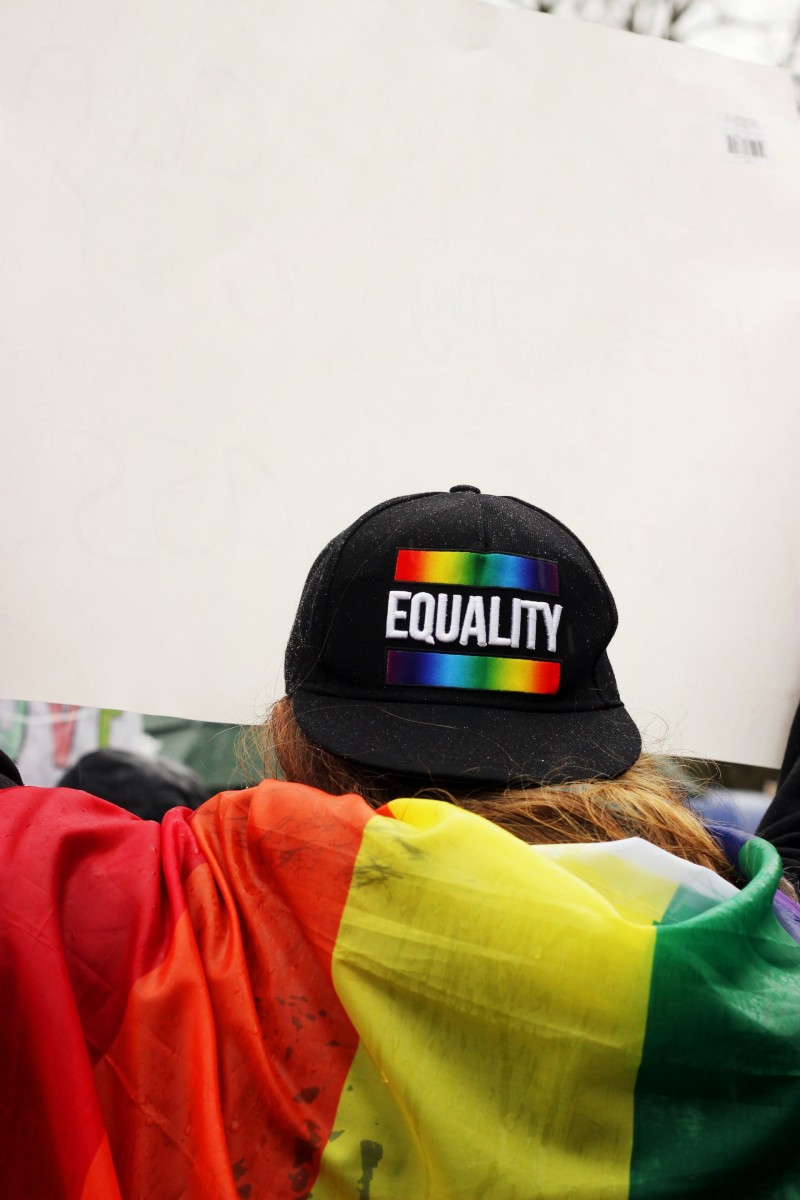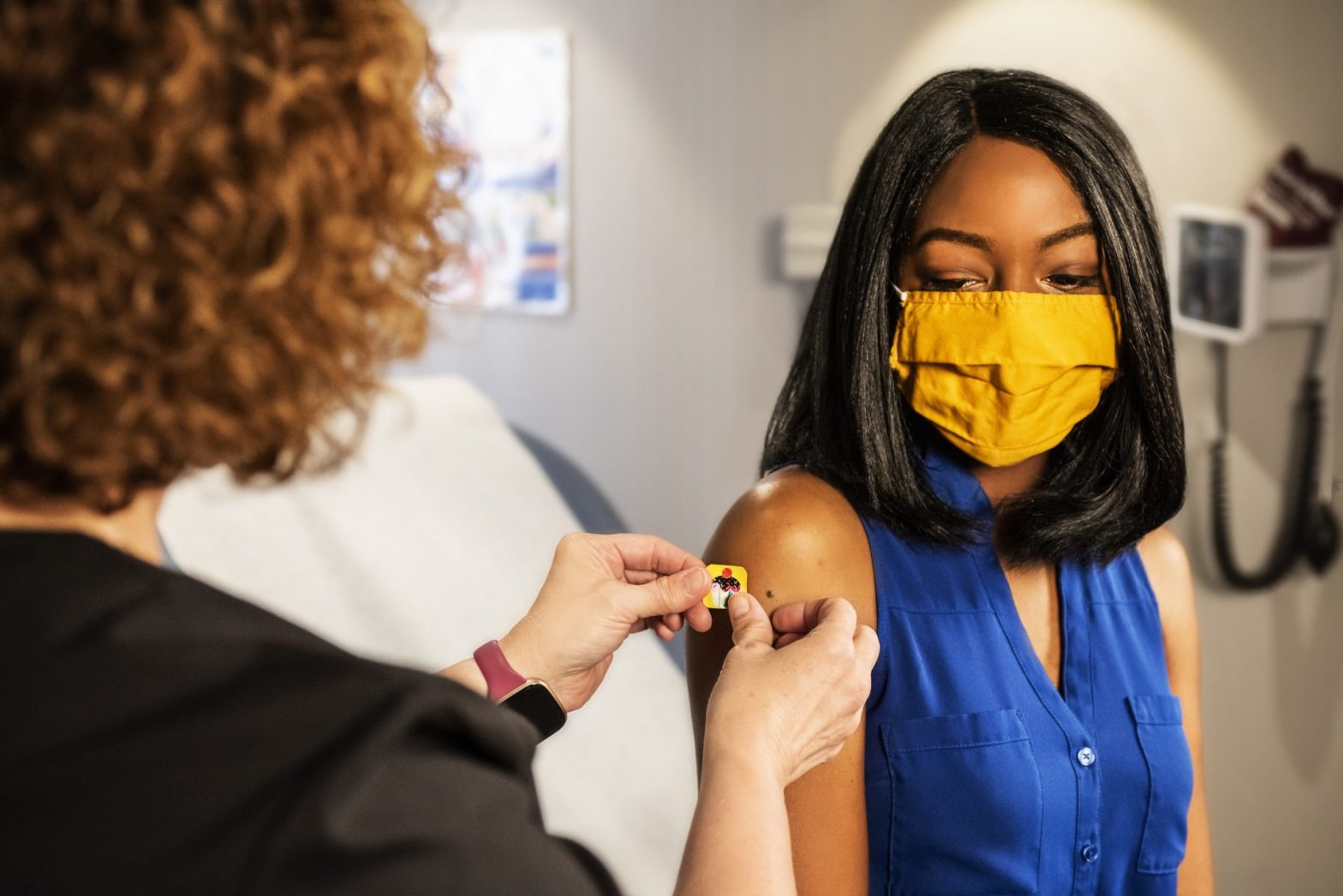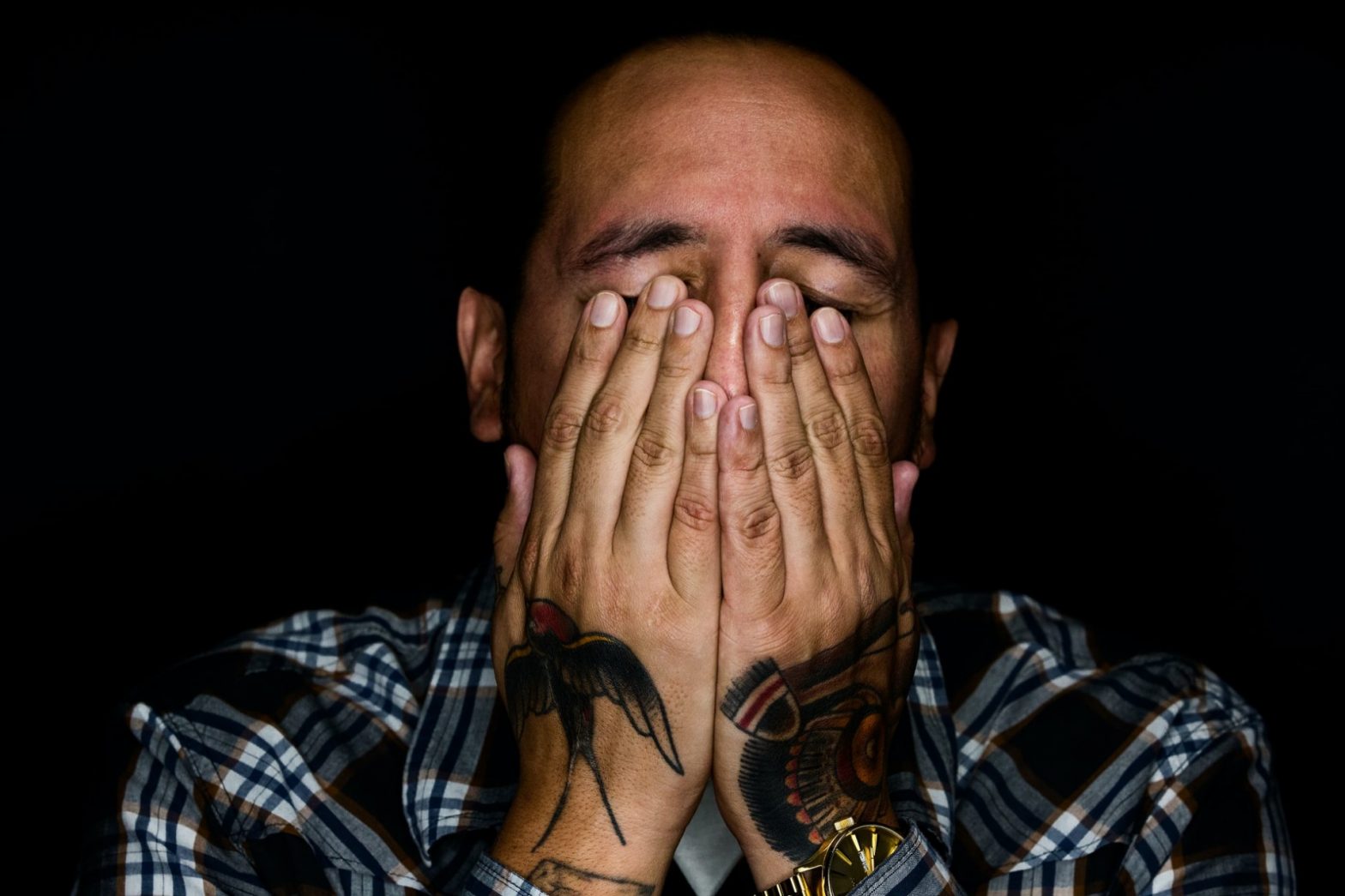On March 31, 2021, New York State enacted the Marijuana Regulation & Taxation Act (MRTA) which legalizes adult-use cannabis in New York. Recently, the New York State Department of Labor issued guidance to address common situations and questions relating to the legalization of adult-use cannabis and its effects on the workplace. MRTA prohibits employers from…
Category Archives: Employment Representation
A Win for NYC Food Delivery Workers
On September 23, 2021, the New York City Council voted to pass a group of bills that guarantees various rights to food delivery workers who work for apps like Grubhub, Uber Eats, Relay, and DoorDash bringing food throughout the city. The new laws make sure that the delivery workers have bathroom access, minimum pay, and…
Eight Levy Ratner Lawyers Included on the 2021 Lawdragon 500 Leading Plaintiff Employment and Civil Rights Lawyers List
Levy Ratner congratulates Allyson Belovin, Laureve Blackstone, Pamela Jeffrey, Carl Levine, Dana Lossia, Daniel Ratner, Robert Stroup, and Micah Wissinger for their inclusion on Lawdragon’s 2021 500 Leading Plaintiff Employment and Civil Rights Lawyers.
Levy Ratner is proud to represent Pulitzer Prize-winning journalist Nikole Hannah-Jones
Please read our client Nikole Hannah-Jones’ statement concerning her decision to decline tenure at the University of North Carolina-Chapel Hill and to accept a tenured Knight Chair appointment at Howard University. Nikole Hannah-Jones is represented by LR’s Bob Stroup, Carl Levine and Dana Lossia, along with our co-counsel the NAACP Legal Defense and Educational Fund,…
Is “Long COVID” Interfering With Your Work or Daily Life? HHS and DOJ Release Guidance on Long COVID as a Disability Under the ADA and Related Laws
With the rise of “Long COVID” as a serious health issue, the U.S. Department of Health and Human Services (HHS) and the U.S. Department of Justice (DOJ) jointly published guidance on whether and when Long COVID is a disability under the Americans with Disabilities Act (ADA), Section 504 of the Rehabilitation Act, and Section 1557…
President Biden Signs Executive Order Encouraging the FTC to Ban or Limit Non-Compete Agreements
On July 9, 2021, President Biden signed an Executive Order on Promoting Competition in the American Economy. In the Order, which included 72 initiatives targeting various industries and agencies, a competitive marketplace is credited with creating “more high-quality jobs and the economic freedom to switch jobs or negotiate a higher wage” whereas the current marketplace…
EEOC Issues Fact Sheet Regarding Protections Against Discrimination Based on Sexual Orientation or Gender Identity
On Tuesday, June 15th, 2021, the one-year anniversary of the landmark Supreme Court decision Bostock v. Clayton County, the U.S. Equal Employment Opportunity Commission (EEOC) released a technical assistance document laying out guidance regarding protections against employment discrimination based on sexual orientation or gender identity. In Bostock, the U.S. Supreme Court held that federal law…
Concerned About COVID-19 at Your Workplace? OSHA Releases Long-Overdue COVID-19 Emergency Temporary Standard, with Limits on Its Scope
On Thursday, June 10, 2021, the Occupational Safety & Health Administration (OSHA) released its much-anticipated COVID-19 Emergency Temporary Standard (ETS), nearly five months after President Biden issued an executive order directing the agency to pursue an emergency standard to reduce the risk that workers may contract COVID-19 in the workplace. Notably, while the executive order…
Is Your Employer Offering You an Incentive to Get Vaccinated Against COVID-19? EEOC Releases Guidance on Incentives for Employee Vaccination
On May 28, 2021, the U.S. Equal Employment Opportunity Commission (EEOC) released updated technical assistance explaining how federal equal employment opportunity (EEO) laws—namely, the Americans with Disabilities Act (ADA) and the Genetic Information Nondiscrimination Act (GINA)—apply when an employer offers incentives for employees to provide documentation or other confirmation of their COVID-19 vaccination status. First,…
Feeling the Effects of the COVID-19 Vaccine? NYS Paid Sick Leave May Be Used
On May 27, 2021, New York Governor Andrew Cuomo announced that state Department of Labor forthcoming guidance will direct employers to permit the use of NYS Paid Sick Leave for any necessary recovery period from the COVID-19 vaccine. As a result, New Yorkers experiencing side effects from the COVID-19 vaccine can use NYS paid sick…
 212.627.8100
212.627.8100
